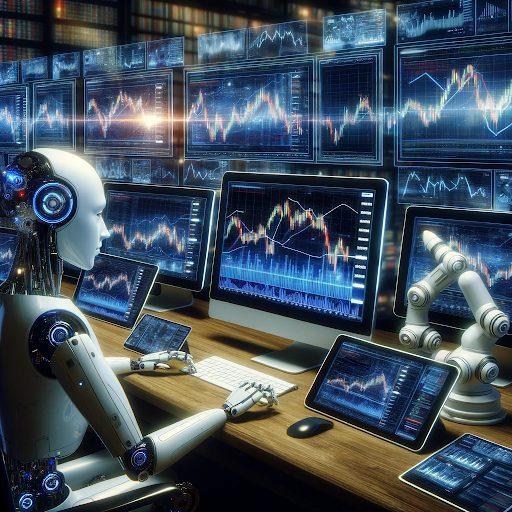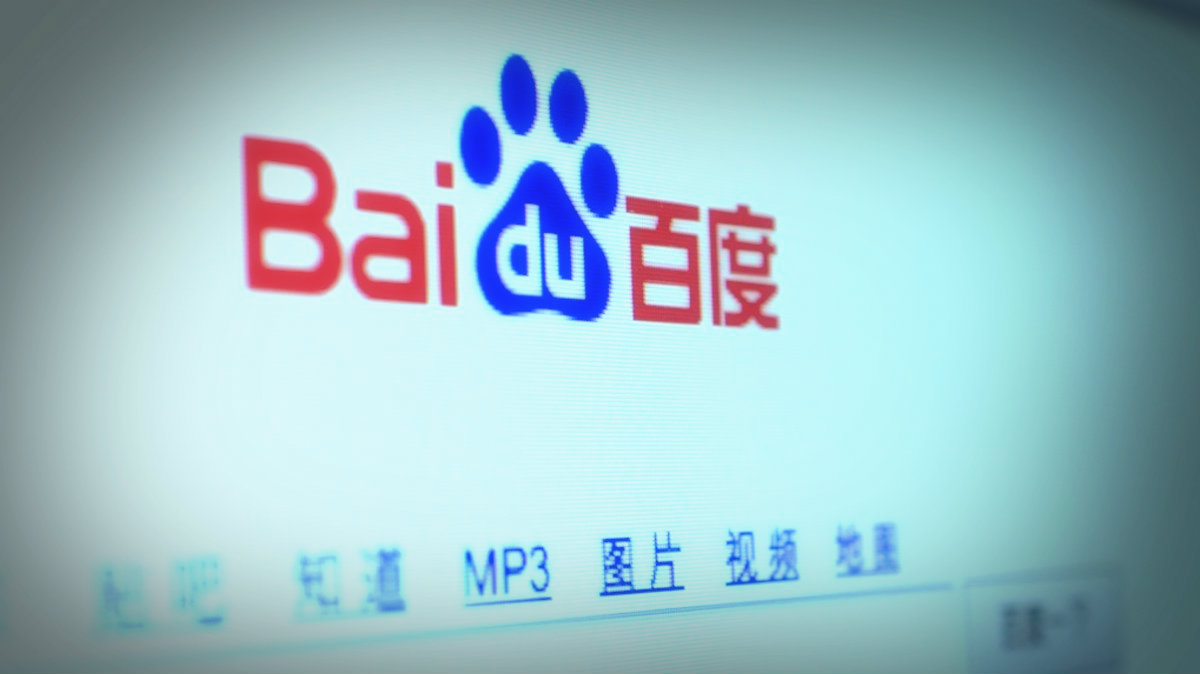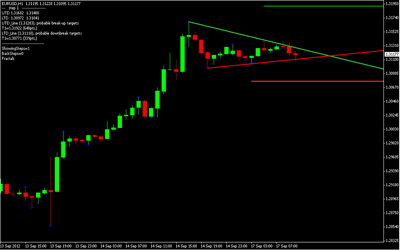Artificial Intelligence (AI) is making significant inroads in the world of forex trading, offering tools and technologies that enhance accuracy and transaction speed. This article examines the role of AI in forex trading and how it is transforming the market.

AI Enhancing Accuracy in Forex Trading
1. Predictive Analytics: AI systems use predictive analytics to analyze vast amounts of historical and real-time data. By identifying patterns and trends, AI can make accurate predictions about currency price movements. This helps traders make informed decisions and reduces the likelihood of human error.
2. Sentiment Analysis: AI can analyze news articles, social media posts, and other textual data to gauge market sentiment. Sentiment analysis algorithms can process large volumes of information quickly, providing traders with insights into market psychology and potential price movements.
3. Technical Analysis: AI-powered tools can perform complex technical analysis by evaluating numerous indicators and chart patterns simultaneously. These tools provide traders with precise entry and exit points, enhancing the accuracy of their trades.
4. Algorithmic Trading: AI-driven algorithms can execute trades based on predefined criteria and real-time market data. These algorithms can adapt to changing market conditions, continuously improving their accuracy and effectiveness.
AI Enhancing Transaction Speed in Forex Trading
1. High-Frequency Trading (HFT): AI plays a crucial role in high-frequency trading by executing a large number of trades at extremely high speeds. HFT algorithms can capitalize on small price discrepancies in milliseconds, significantly increasing transaction speed and profitability.
2. Automated Trading Systems: AI-powered automated trading systems can operate 24/7 without human intervention. These systems execute trades instantly based on market signals, eliminating delays caused by manual trading and ensuring that traders can take advantage of fleeting opportunities.
3. Latency Reduction: AI technologies help reduce latency in trade execution by optimizing data processing and transmission. Faster data processing enables quicker decision-making and trade execution, providing a competitive edge in the fast-paced forex market.
4. Real-Time Data Analysis: AI systems can analyze real-time data from multiple sources simultaneously, allowing traders to react promptly to market changes. This real-time analysis speeds up the decision-making process, leading to faster transactions.
Benefits of AI in Forex Trading
1. Increased Efficiency: AI streamlines the trading process by automating routine tasks, allowing traders to focus on strategy development and other high-value activities.
2. Enhanced Decision-Making: By providing accurate and timely information, AI helps traders make better-informed decisions, reducing the risk of losses and increasing the chances of profitable trades.
3. 24/7 Market Monitoring: AI-powered systems can monitor the forex market around the clock, ensuring that trading opportunities are not missed, even when traders are not actively monitoring the market.
4. Reduced Emotional Bias: AI eliminates emotional biases from trading decisions, which can often lead to poor outcomes. By relying on data-driven insights, AI ensures that trades are executed based on logic and analysis.
Challenges and Considerations
1. Data Quality: The effectiveness of AI in forex trading depends on the quality of data it processes. Inaccurate or incomplete data can lead to erroneous predictions and poor trading decisions.
2. Algorithm Complexity: Developing sophisticated AI algorithms requires significant expertise and resources. Traders need to ensure that their algorithms are robust and can handle various market conditions.
3. Regulatory Compliance: Forex traders using AI must ensure that their systems comply with regulatory requirements. This includes maintaining transparency in trading practices and ensuring the ethical use of AI.
4. Market Volatility: While AI can enhance accuracy and speed, it is not immune to the impacts of sudden market volatility. Traders need to have risk management strategies in place to mitigate potential losses.
Future Prospects
1. Advanced AI Technologies: As AI technology continues to advance, we can expect even more sophisticated tools for forex trading. These tools will provide deeper insights and more accurate predictions, further enhancing trading performance.
2. Integration with Blockchain: The integration of AI with blockchain technology could enhance the transparency and security of forex trading. Blockchain can provide a tamper-proof record of transactions, while AI can optimize trading strategies based on this data.
3. Increased Adoption: With the proven benefits of AI in forex trading, its adoption is likely to increase among traders and financial institutions. This will lead to a more competitive and efficient market environment.
Conclusion
AI is revolutionizing forex trading by enhancing accuracy and transaction speed. Through predictive analytics, sentiment analysis, and high-frequency trading, AI empowers traders to make informed decisions and execute trades swiftly. As technology continues to evolve, AI will play an increasingly vital role in shaping the future of forex trading, offering new opportunities and challenges for market participants.
Tradersdna is a leading digital and social media platform for traders and investors. Tradersdna offers premiere resources for trading and investing education, digital resources for personal finance, market analysis and free trading guides. More about TradersDNA Features: What Does It Take to Become an Aggressive Trader? | Everything You Need to Know About White Label Trading Software | Advantages of Automated Forex Trading


































